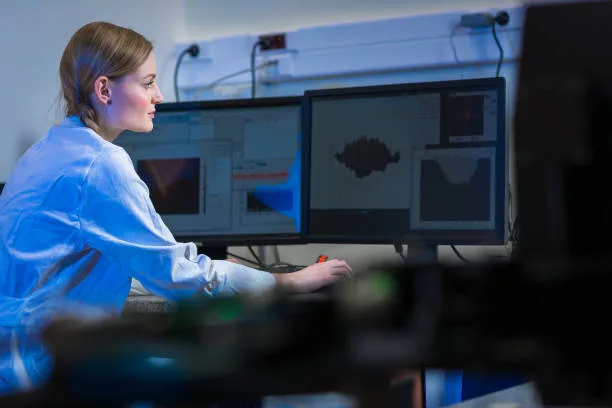Imagine an electric grid supercharged for the future, humming with clean energy that powers everything from cozy homes to cutting-edge hospitals. This vision isn’t as far off as one might think, thanks to the creativity and innovation brewing in the field of power transmission. High above our heads, power lines stretch across landscapes, crisscrossing nations like arteries of civilization. Yet, these vital conduits of energy are in dire need of an upgrade to meet the surging demand for renewable energy sources.
The Untapped Potential of Power Lines
While they may not be the first thing that comes to mind when considering the clean energy shift, power lines and conductors are instrumental. Recent findings suggest that, by embracing cutting-edge conductors available today, the U.S. could potentially save consumers a staggering $140 billion over ten years. Even more impressive, such a switch could slash carbon emissions by 2.4 billion tons within the same timeframe. This is a game-changer for the environment.
The Evolution of Power Line Conductors
Current power line systems, a fusion of diverse metals, desperately need enhancement to handle increased electrical loads. The conventional design—aluminum clad around a steel core—derives from a patent over a century old. In today’s context, where we are aiming to minimize energy loss and reduce infrastructure costs, these power lines are insufficient. Transitioning to superior conductor systems could lead us to need fewer power lines overall, simplifying the push towards a decarbonized power grid.
Catalyzing Conductor Innovation: The CABLE Prize
The U.S. Department of Energy bolstered conductor innovation by launching Stage 2 of the CABLE Conductor Manufacturing Prize. By investing $4.8 million, this competition rallies teams to either develop new materials surpassing traditional aluminum’s conductivity, or design superior energy infrastructure systems. As of April 2023, seven ambitious teams have moved forward in the competition, each presenting groundbreaking solutions aimed at bolstering clean energy transition.
NanoAL Lightning’s Goldilocks Solution for Conductors
The Elegant Balance Between Strength and Conductivity
NanoAL Lightning, one of the triumphant teams in this initiative, is spearheading the charge into the future of transmission lines. Led by Josh Dorn, the team is developing an aluminum alloy with the strength to rival steel and better conductivity. Their vision is a practical and cost-effective material that can withstand the elements while efficiently transporting electricity across vast distances. This could be the perfect alloy needed, striking an unmatched balance between durability and performance.
The MgB2 Crewe’s Superconductive Pioneers
Breaking the Cold Barrier with MgB2 Crewe
The MgB2 Crewe, another innovative team, is endeavoring to bring the marvels of superconductivity into broader use. Their target is to create affordable superconductors operating at slightly less extreme temperatures, broadening their applications. By tweaking aspects of these super materials, the team envisions a ripple effect that could transform industries from wind turbine manufacturing to aviation technology.
TS Conductor’s Green Discount Promise
Redefining Efficiency and Affordability in Power Transmission
TS Conductor, helmed by Jason Huang, is shaking up the transmission sector by marrying affordability with innovation. Their advanced conductor technology promises to triple the capacity of existing transmission infrastructure. By reducing power line losses and enhancing grid reliability, their cost-effective solutions are a nod towards a future where electricity is more accessible, reliable, and generated from clean sources.
These trailblazing teams exemplify the innovative spirit required to navigate the uncharted waters toward a sustainable future. Their work is not just a step forward for the United States; it’s a leap for the world, powerfully demonstrating that the future of energy can be both greener and smarter. As we look to the skies and see power lines, let’s envision the ties that bind us to a cleaner, brighter tomorrow.

























